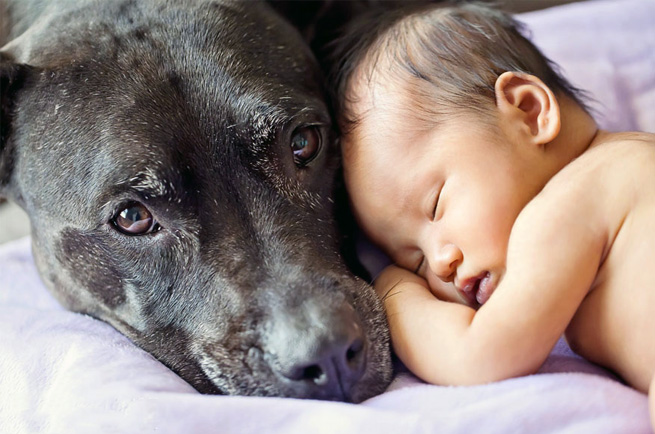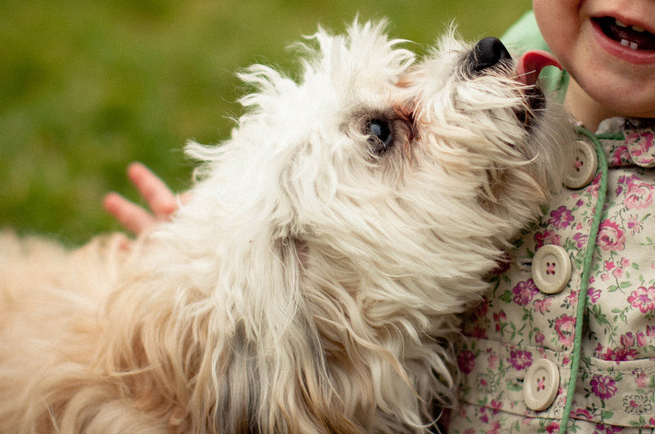Socialising your adult dog
The best time to socialize your dog is when it’s a puppy, but what if you adopt an older dog?
21 Mar 2016 By Zahra Gaitskell Comments
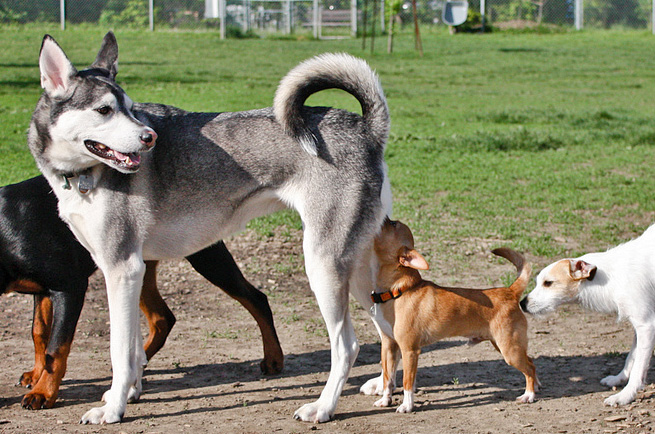
It's important to socialise your dog at a young age, but sometimes puppies don't get the socialisation they need and this can make them nervous, aggressive or badly behaved as they grow into adulthood. In addition, if you adopt an older rescue dog you may not know its past, so ensuring that they're socialised as an adult is vital.
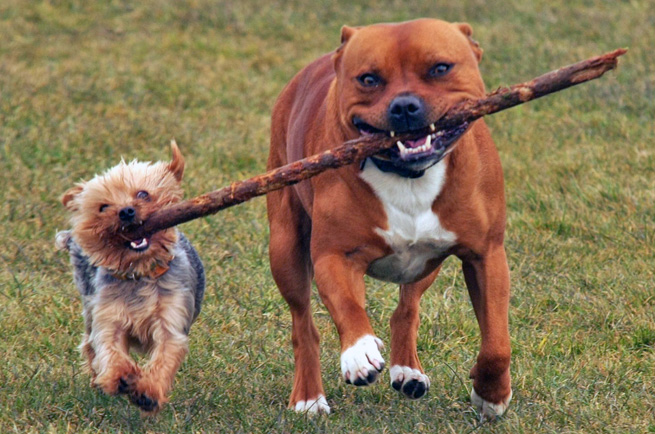
 Socialisation should start at home. It's about establishing a loving and trusting relationship with your pet so everyone feels happy and comfortable. Creating a positive relationship with your pet, through food and grooming, cuddles and play, will help them to socialise better with others. Unlike puppies, adult dogs tend to be more wary of strangers and other dogs and will need a slower introduction. They might also have their own unique issues to be overcome.
Socialisation should start at home. It's about establishing a loving and trusting relationship with your pet so everyone feels happy and comfortable. Creating a positive relationship with your pet, through food and grooming, cuddles and play, will help them to socialise better with others. Unlike puppies, adult dogs tend to be more wary of strangers and other dogs and will need a slower introduction. They might also have their own unique issues to be overcome.

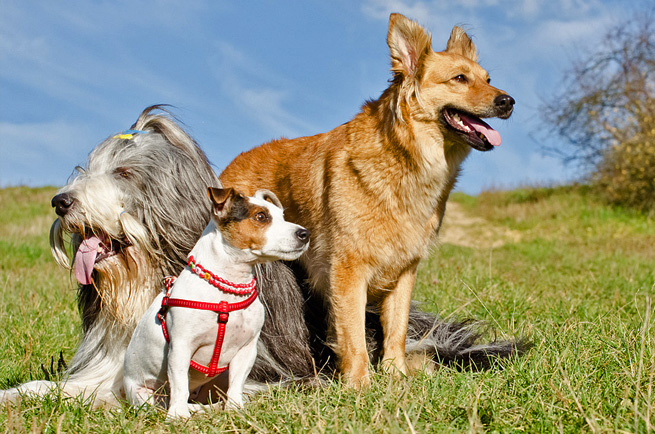
Be considerate of your dog and start in smaller groups and in a location your dog is comfortable with. Find a friendly neighbour with a well adjusted, well behaved dog and start in your home with small visits. Don't leave the dogs alone together and ensure your dog is comfortable and safe. In the same way, introduce your dog to new people. Ensure they are dog people who know how to approach the animal in a calm and appropriate manner.
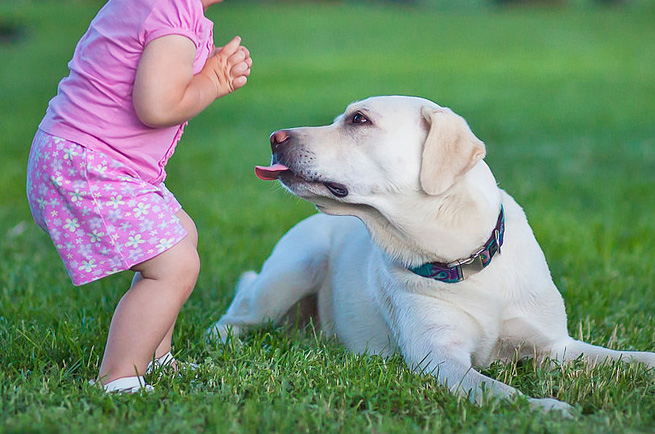
 If your dog responds well you can start to move outside the home. Keep them on a lead and walk around your neighbourhood and the parks. At first give them opportunities to merely observe other animals, but if it goes well and your dog is coping you can start to make introductions. Again be careful not to overwhelm your fur friend, you don't want to cause them to panic or respond aggressively. Keep the number of meetings low and the times short until you are confident they can cope! Use treats to reinforce calm and obedient behaviour and keep an eye on your pet. Read their signals and keep the experience positive.
If your dog responds well you can start to move outside the home. Keep them on a lead and walk around your neighbourhood and the parks. At first give them opportunities to merely observe other animals, but if it goes well and your dog is coping you can start to make introductions. Again be careful not to overwhelm your fur friend, you don't want to cause them to panic or respond aggressively. Keep the number of meetings low and the times short until you are confident they can cope! Use treats to reinforce calm and obedient behaviour and keep an eye on your pet. Read their signals and keep the experience positive.
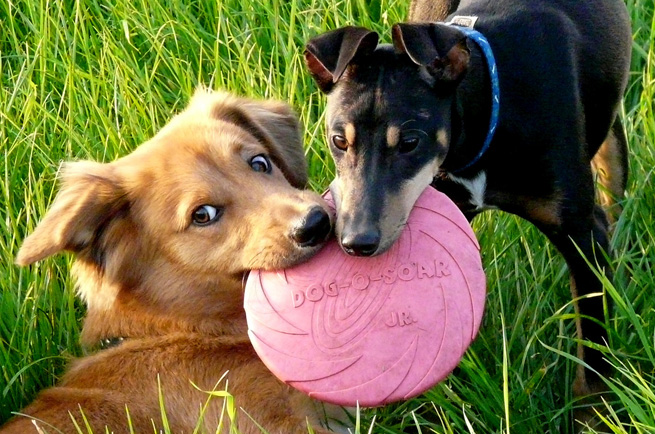
 In some cases there are issues you simply cannot overcome, especially in an older adult dog. If you've tried everything and nothing is working you may just have found your dog’s limit and it isn't wise to keep pushing them further. Your dog can live a full and happy life within their comfort zone; this might mean staying on the lead around other dogs if it's too overwhelming, giving them a quiet place to hide if you have lots of strangers over or a reassuring cuddle if they need it.
In some cases there are issues you simply cannot overcome, especially in an older adult dog. If you've tried everything and nothing is working you may just have found your dog’s limit and it isn't wise to keep pushing them further. Your dog can live a full and happy life within their comfort zone; this might mean staying on the lead around other dogs if it's too overwhelming, giving them a quiet place to hide if you have lots of strangers over or a reassuring cuddle if they need it.
Healthy socialisation is an important part of rearing your dog and it should be a priority. Do it well and you'll have a strong relationship and a happy dog for years to come!
21 Mar 2016 By Zahra Gaitskell Comments
comments powered by Disqus
